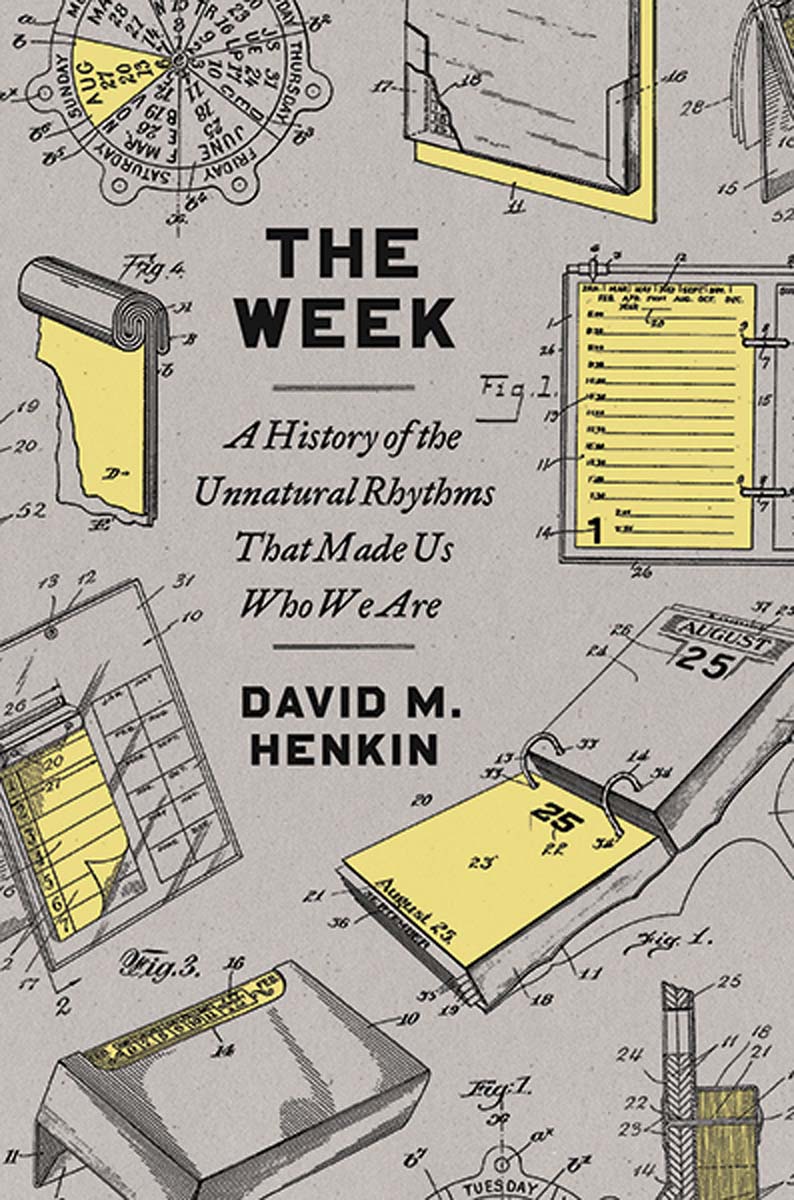PB:
14.99 GBP
QTY:
Categories:
Week
A History of the Unnatural Rhythms That Made Us Who We Are
We take the seven-day week for granted, rarely asking what anchors it or what it does to us. Yet weeks are not dictated by the natural order. They are, in fact, an artificial construction of the modern world.
With meticulous archival research that draws on a wide array of sources – including newspapers, restaurant menus, theater schedules, marriage records, school curricula, folklore, housekeeping guides, courtroom testimony, and diaries – David Henkin reveals how our current devotion to weekly rhythms emerged in the United States during the first half of the nineteenth century. Reconstructing how weekly patterns insinuated themselves into the social practices and mental habits of Americans, Henkin argues that the week is more than just a regimen of rest days or breaks from work, but a dominant organizational principle of modern society. Ultimately, the seven-day week shapes our understanding and experience of time.
With meticulous archival research that draws on a wide array of sources – including newspapers, restaurant menus, theater schedules, marriage records, school curricula, folklore, housekeeping guides, courtroom testimony, and diaries – David Henkin reveals how our current devotion to weekly rhythms emerged in the United States during the first half of the nineteenth century. Reconstructing how weekly patterns insinuated themselves into the social practices and mental habits of Americans, Henkin argues that the week is more than just a regimen of rest days or breaks from work, but a dominant organizational principle of modern society. Ultimately, the seven-day week shapes our understanding and experience of time.
About the author
David M. Henkin is Margaret Byrne Professor of History at the University of California, Berkeley. His previous books include "The Postal Age", "City Reading", and (with Rebecca McLennan) "Becoming America: A History for the 21st Century". He lives in San Francisco, CA, and Bozeman, MT.


